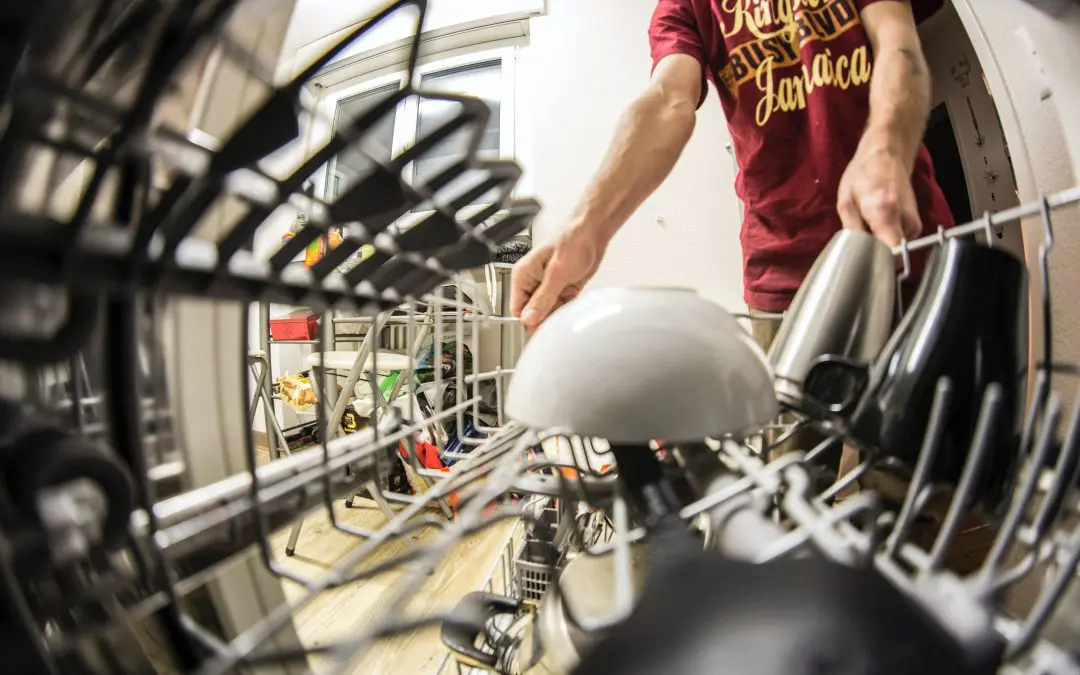No matter how sophisticated your dishwasher is or how powerful your dishwashing detergent is, if you load your dishes improperly, you won’t receive the greatest results. Fortunately, it’s not too difficult to learn how to load a dishwasher. In this blog, we will be talking about how to properly load utensils in the dishwasher most effectively.
You shouldn’t place plastic on the bottom rack or prewash your dishes.
Dishwasher loading may appear to be a pretty simple task, but there are several variables involved. For instance, did you know that you shouldn’t place plastic on the bottom rack or prewash your dishes? It’s crucial to prevent overloading and obstructing the spray arm (now you know!). But how much attention do you pay to where your cutlery is placed in the basket?
It turns out that loading utensils into the dishwasher can be done in an “efficient manner,” which can make the dishwashing process cleaner and safer. You should be aware of the following the next time you wash spoons, forks, and knives, say repair specialists.
Face your forks and spoons up
For the best cleaning results, Gary Rima, a professional appliance repair specialist at Ducks Appliance, suggests facing your forks and spoons up. The water jets might not be able to completely spray the dirty section when you turn them over. The tops will be exposed to more soapy water if they are looking up, which will result in cleaner utensils.
Sharp cutting or steak knives should not be placed inside the dishwasher
Additionally, Ron Shimek, owner of Mr. Appliance, a Neighborly firm, adds that while putting butter knives in the dishwasher is entirely acceptable, sharp cutting or steak knives should not be placed inside since the handles may come away and leave a space for bacteria to grow.
Be cautious about how you arrange your utensils in the basket.
You should be cautious about how you arrange your utensils in the basket, regardless of which way they are facing. To prevent overwhelming the area, Coast Appliances’ marketing director Robert Johnson advises distributing the utensils evenly. Additionally, Rima advises against loading two of the same item back to back next to each other because they will nest too closely and not clean completely.
Do Not Pre-rinse Dishes
Dishes do not need to be rinsed before being placed in the dishwasher, despite popular belief. While it is necessary to remove food from plates, pre-rinsing them before loading them just wastes water and raises costs in an effort to prevent machine jams.
AWP Home Inspections provides inspection services to buyers and sellers in West Central and Central Indiana. Contact us to schedule an appointment.

